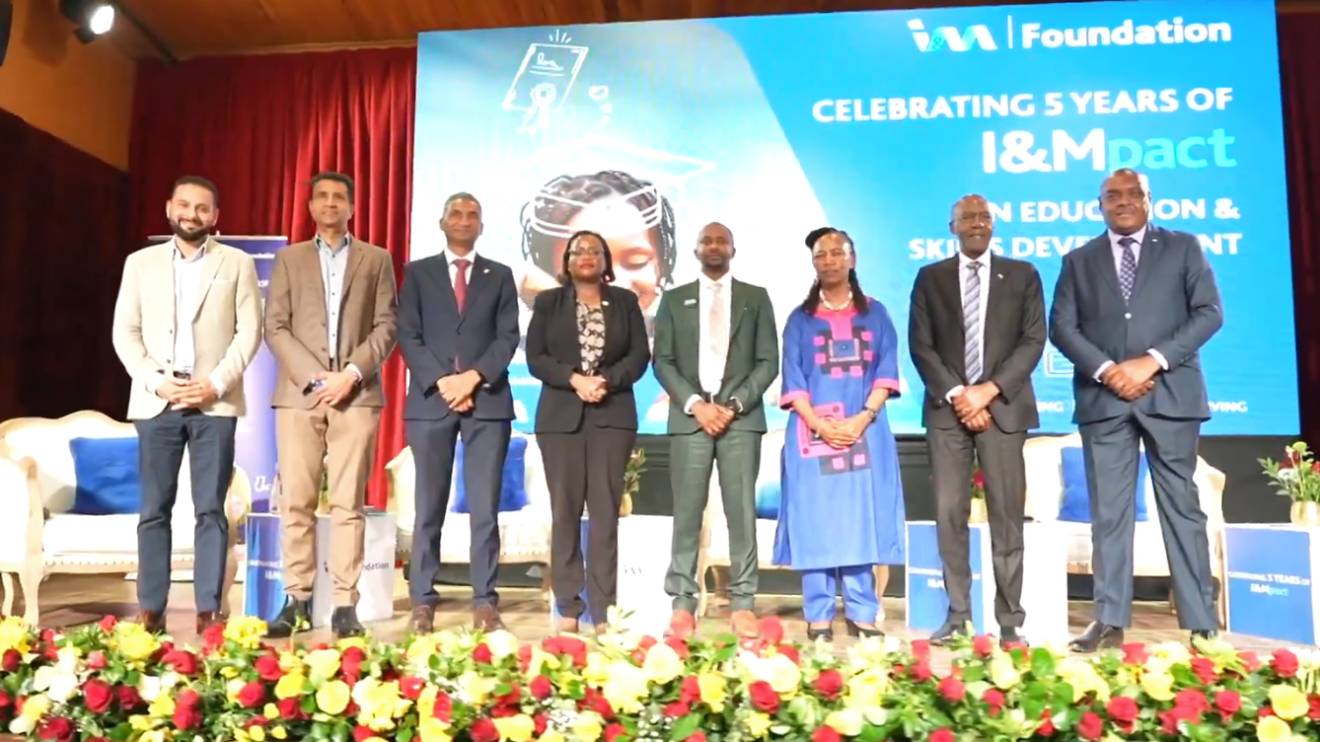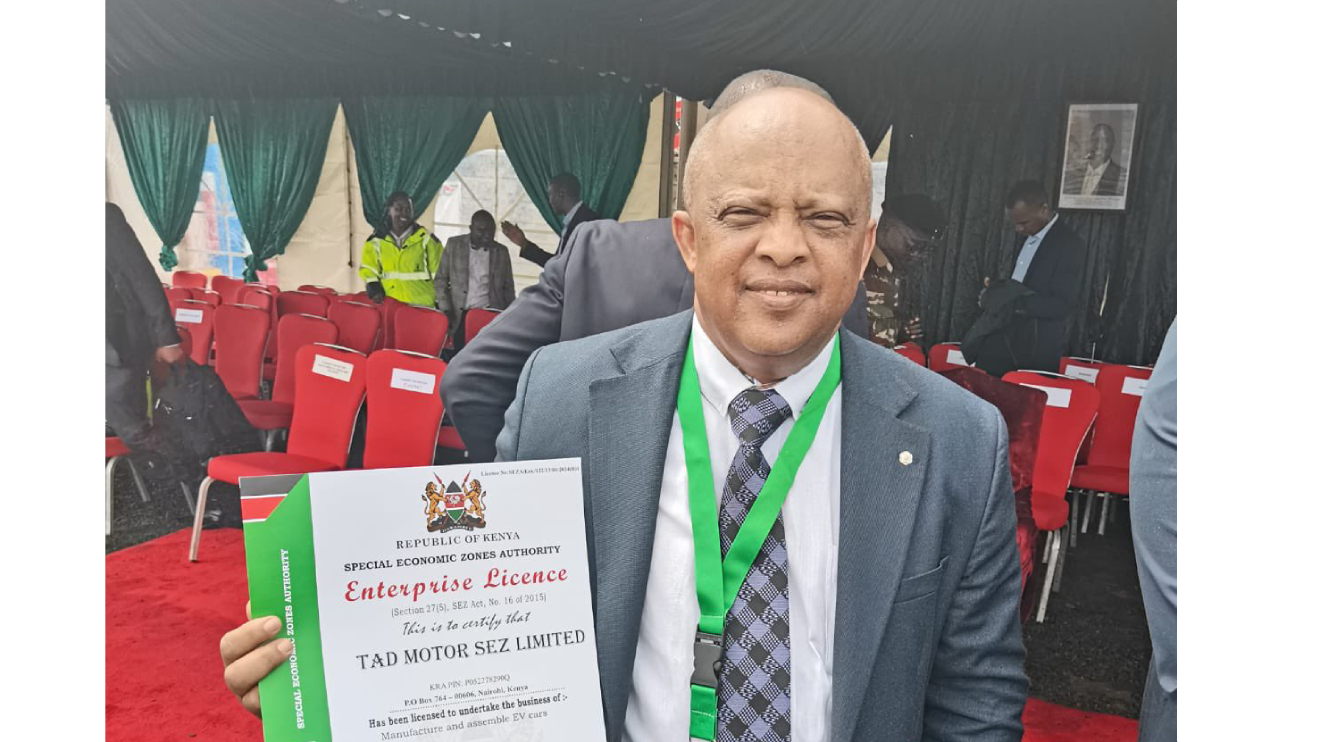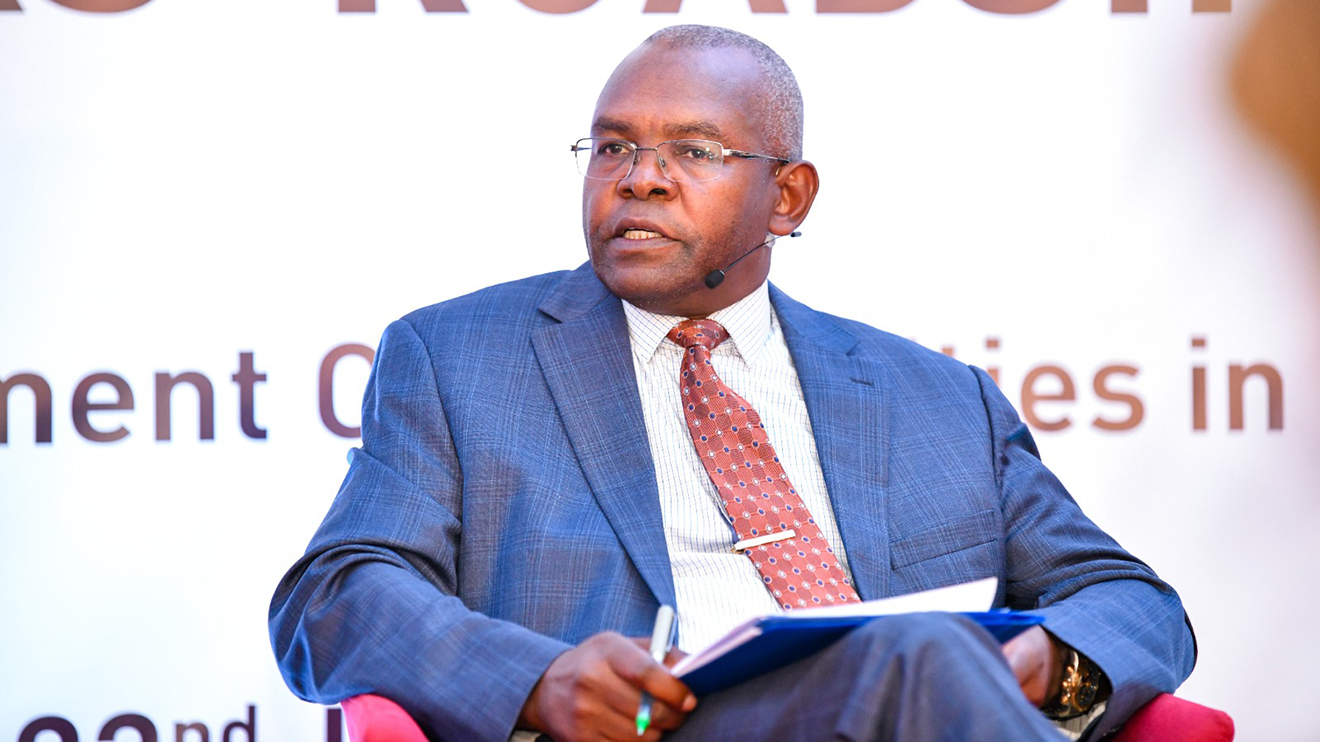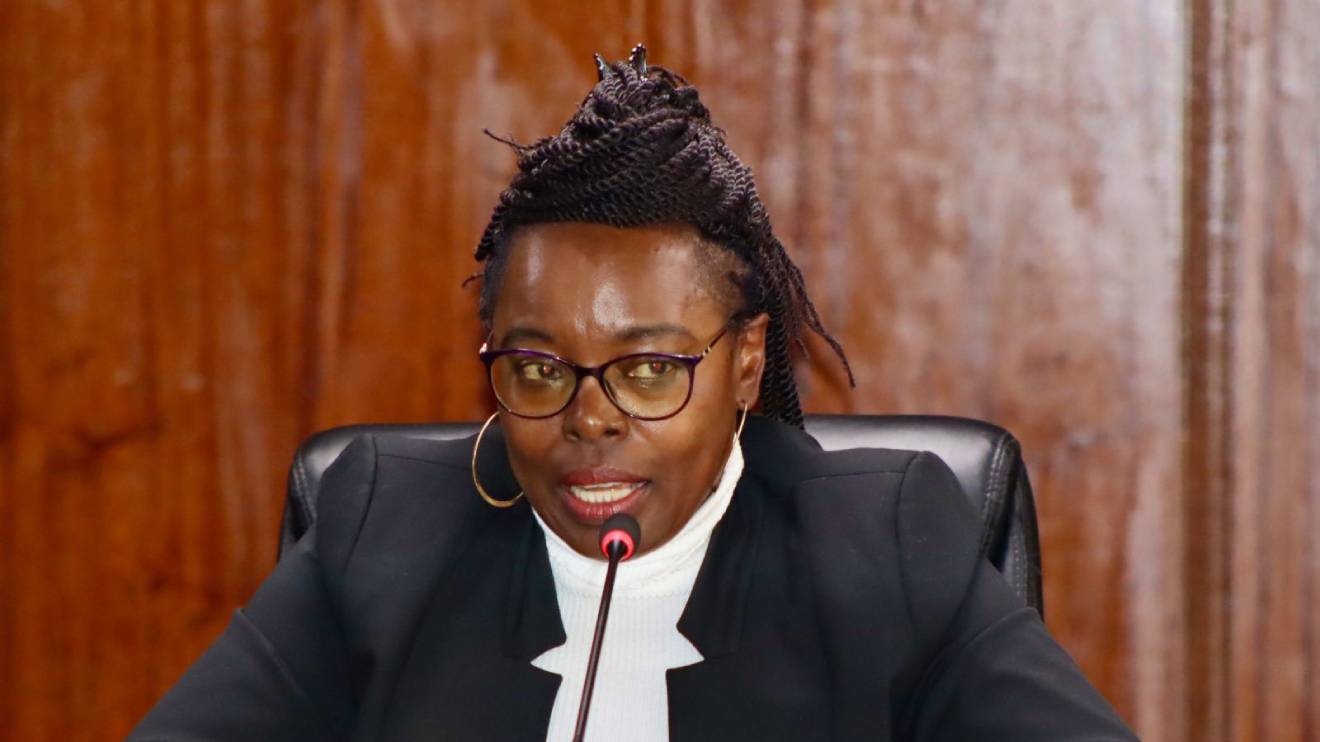Assistant County Commissioner Mercy Kavoi and her agent, David Musyoki, found themselves in the clutches of the law after being apprehended for allegedly soliciting a bribe of Sh50,000 from a Mathare slum resident.
The incident, which unfolded on Wednesday, has raised concerns about corruption within the local administration.
According to reports, Kavoi, accompanied by Musyoki, had seized construction materials from the resident's home, which was claimed to have been illegally erected on a road reserve.
The confiscated items, including iron sheets and window frames, were said to have been stored in Kavoi's office. It is alleged that Kavoi demanded the bribe in exchange for returning the materials.
The Ethics and Anti-Corruption Commission (EACC) swiftly responded to a complaint filed on June 9, setting up a trap to catch the assistant commissioner in the act.
Read More
A source familiar with the matter revealed that Kavoi eventually agreed, after persistent pleas from the complainant, to reduce the bribe amount by half. The transaction was arranged to take place through Musyoki, her agent.
However, little did the suspects know that undercover officers had been monitoring the progress of the deal.
As the transaction was about to occur, Musyoki fled the scene upon realizing that detectives were closing in on him.
Determined not to let him escape, the pursuing detectives managed to apprehend him, but not before he reportedly tossed the bribe money to members of the public who had gathered to witness the unfolding drama.
The arrested individuals were then escorted to the EACC Integrity Centre Police Station, where they underwent questioning and provided statements.
Kavoi was released on bail, pending a recommendation of appropriate charges to the Director of Public Prosecutions (DPP).
However, Musyoki, having failed to pay the bail, was escorted to Kilimani Police Station.
This incident serves as a reminder of the persistent battle against corruption in Kenya, especially within government institutions.
The EACC's efforts to apprehend and expose such illicit practices are crucial for maintaining the integrity of public service and ensuring justice for the citizens.
As investigations continue, the authorities are expected to make a determination on the appropriate charges to be brought against Kavoi and Musyoki.
The outcome of this case will undoubtedly have far-reaching implications for combating corruption and restoring public trust in the local administration.
The incident in Roysambu serves as a stark reminder that no one is above the law, and that those who abuse their positions for personal gain will be held accountable.
It is crucial for citizens to remain vigilant and report any acts of corruption they encounter, as the fight against this societal vice requires collective effort and unwavering determination.







-1756319289.jpg)




